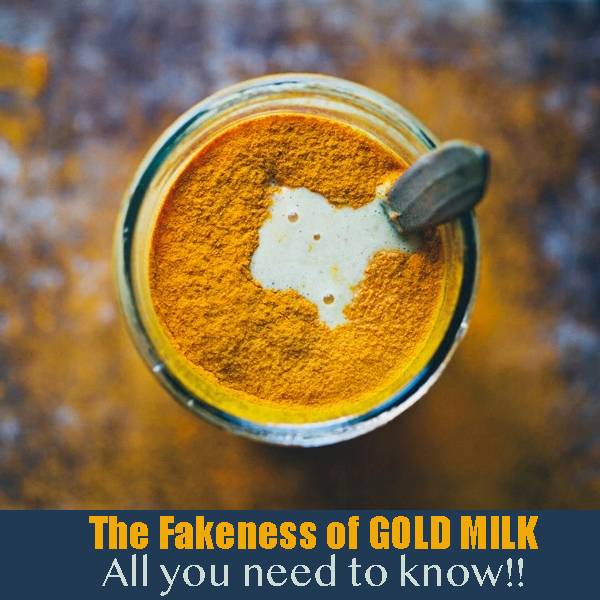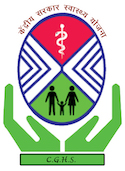-
October 9th, 2019Aasnas
Asana is an important part of yoga and its most well-known component. Remember that body control is not the only path, but merely one path yoga offers. Yet body control is very important and makes a great starting point for any aspiring yogi. Asana literally translates as “posture” and is derived from the Sanskrit root… Continue reading Aasnas
-
October 9th, 2019Yogic Philosophy
Introduction of Yoga Anyone can practice Yoga. You don’t need special equipment or cloths- just a small amount of space and a strong desire for a healthier, more fulfilled life. The yoga postures or asanas exercise every part of the body, stretching and toning the muscles and joints, the spice and the entire skeletal system.… Continue reading Yogic Philosophy
-
October 9th, 2019Yama
Yoga Don’ts: Just Say No (Yamas) First we’ll talk about Patanjali’s suggested abstinences. This is a difficult category for a lot of people who want to do yoga but don’t want to be bound to any restrictions. Again, the abstinences, or yamas, aren’t rules meant to limit you. They are suggestions meant to help you… Continue reading Yama
-
October 9th, 2019Viloma Pranayama
Loma means hair. The prefix “Vi” is used to denote negation. Viloma thus means against the hair, against the natural order of things. In Viloma Pranayama inhalation or exhalation is not one continuous process, but is interrupted by several pauses. For instance, if continuous inhalation to fill the lungs or continuous exhalation to expel the… Continue reading Viloma Pranayama
-
October 9th, 2019Ujjayi Pranayama
The prefixed “Ut” attached to verbs and nouns, means upwards or superiority in rank. It also means blowing to expanding. It conveys the sense of Pre-eminence and power. Jay means conquest, Victory, triumph or success. Looked at from another view point it implies restraint or curbing. Ujjayi is the process in which the lungs are… Continue reading Ujjayi Pranayama
-
October 9th, 2019Surya Bheda Pranayama
Surya is the SUN. Bhedana is derived from the root “bhid” meaning to pierce, to break or pass through. In Surya Bhedana Pranayama, the breath is inhaled through the right nostril. In other words the Prana passes through the Pingala or Surya Nadi. A Kumbhaka is then performed and the breath is then exhaled through… Continue reading Surya Bheda Pranayama
-
October 9th, 2019Sitkari Pranayama
Sitkari Pranayama is that which causes cold. This is a variation of Sitali Pranayama. Technique:- Sit in Padmasana, Siddhasana, or Virasana Keep the back erect and rigid. Perform the Jnana Mudra with the hands. Here Jalandhara Bandha is not done during inhalation but later. Open the mouth and slightly protrude the tip of the tongue… Continue reading Sitkari Pranayama
-
October 9th, 2019Shitali Pranayama
Shitala means cool. This Pranayama cools the system, hence the name. Technique: Sit in Padmasana, Siddhasana, or Virasana Keep the back erect and rigid. Perform the Jnana Mudra with the hands. Here Jalandhara Bandha is not done during inhalation but later. Open the mouth and form the lips into an ‘O’. The sides and tip… Continue reading Shitali Pranayama
-
October 9th, 2019Pratiloma Pranayama
Prati means opposite. This type of Pranayama is the converse of Anuloma. In it inhalation is alternate through either nostril and then exhalation is through both nostrils as in Ujjayi. Technique: Sit in any comfortable position like Padmasana, Siddhasana, or Virasana. Keep the back erect and rigid. Lower the head to the trunk. Rest the… Continue reading Pratiloma Pranayama
-
October 9th, 2019Pranayama
Breathe Control (Pranayama) Pranayama is another important path. Prana refers to the life force or energy that exists everywhere and is manifested in each of us through the breath. Ayama means “to stretch or extend.” Prana flows out from the body, and pranayama teaches us to maneuver and direct prana for optimal physical and mental… Continue reading Pranayama














